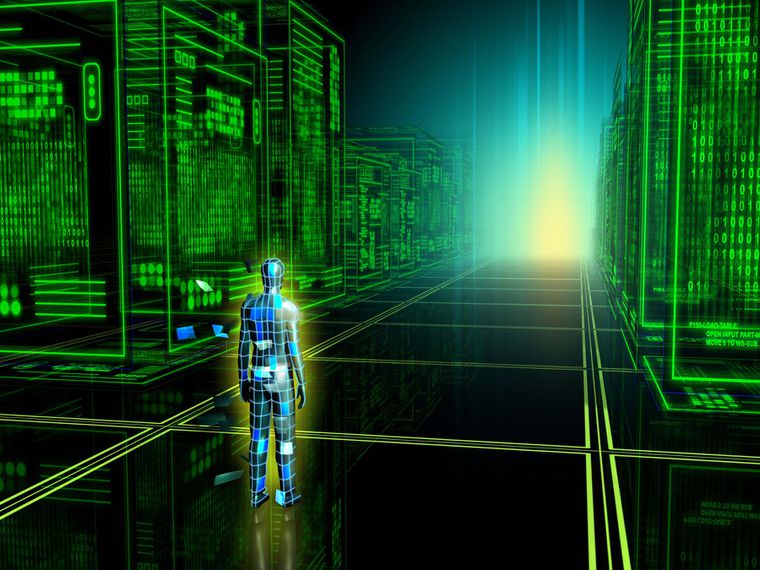In a influential study from 2003, the philosopher of Oxford University Nick bostrom exposed the possibility that our reality is the creation of a highly advanced computer imagined by a highly advanced civilization. In other words, we live in a simulation.
In the document, he argued that at least one of the three claims must be true:

Fine: Civilizations usually become extinct before developing the ability to create simulations of reality. Second, advanced civilizations usually have no interest in creating simulations of reality. Third, we almost certainly live inside a computer simulation (perhaps a complex holographic projection).
Now, the astronomer from Columbia University David kipping has carefully examined these propositions, also known as the Bostrom “trilemma”, and said that there is essentially a 50% chance that we actually live in a simulation.
A question of statistics
Kipping reduced the first two propositions to one, arguing that both would produce the same result: that we do not live inside a simulation.
“You simply assign a prior probability to each of these models,” Kipping told SA. “We simply assume the indifference principle, which is the default assumption when you have no data or bias either way.”
Kipping also argues that the more layers of reality are concatenated in a simulation (like a matryoshka) the more the resources of a hypothetical mega computer would decrease.
The astronomer's conclusion after crunching the numbers: It's about a 50% chance that both hypotheses are true.
If we succeed it means that it is true
But if humans were to ever invent such a simulation, the picture would change radically.
“If we start creating convincing simulations ourselves, only this hypothesis remains,” Kipping says. “The day we invent that technology, the odds will go from 50%-50% to near certainty that we're not real.”
Other findings may put the question to rest. What if we could detect a “glitch,” like in the movie The Matrix, that reveals the simulation? In the coming decades, our IT know-how will allow us to finally confirm once and for all whether or not we live in a simulation.
For now, we have to deal with the fact that we simply don't know.


